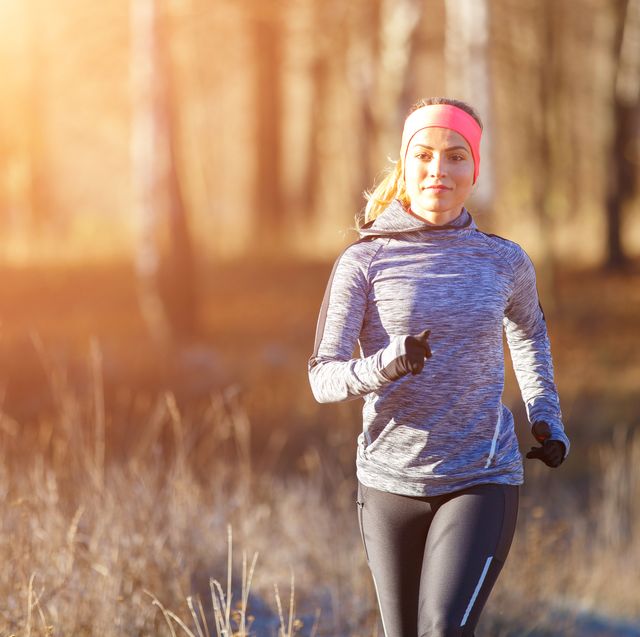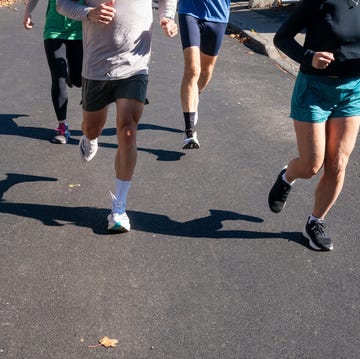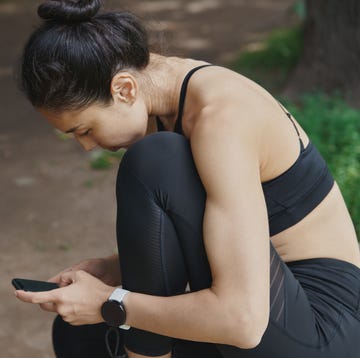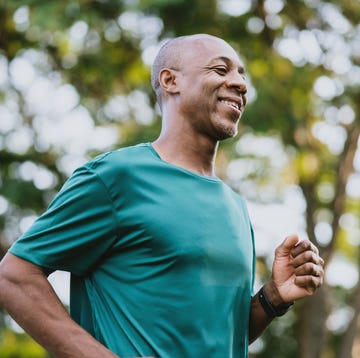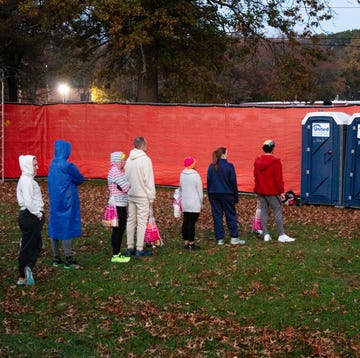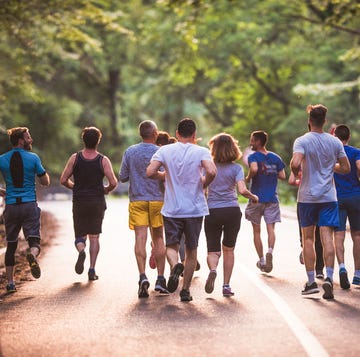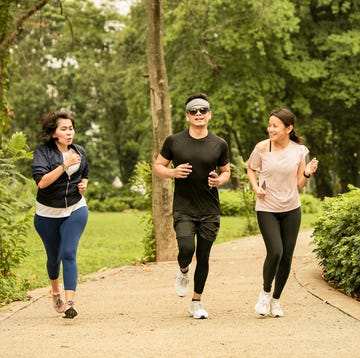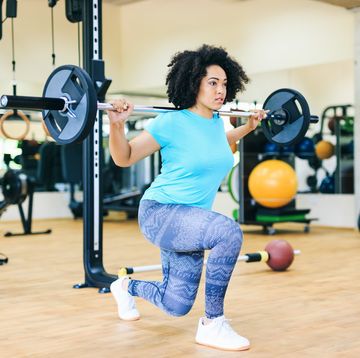- Preliminary research shows that 90 minutes of exercise performed after the flu or COVID-19 vaccines can increase antibodies
- Exercise has positive effects on the immune system and many mechanisms may be responsible for the uptick in antibodies
The Problem With BMI and What Might Replace It, Best Running Shoes 2025 More Health in the News max heart rate found that active adults who exercised for 90 minutes post-vaccine had increased serum antibodies, yet no increase in negative side effects after the initial dose of influenza and Pfizer’s COVID-19 vaccine.
To get to the results, senior author and principal investigator, Marian Kohut, Ph.D., professor of kinesiology at Iowa State University, and her team studied groups of participants immediately following their first immunization. They collected blood samples of the COVID-19 group prior to immunization, two weeks after the first dose, and one week after the second dose. In the flu study, the researchers also collected blood samples pre-immunization, and both two and four weeks post jab.
For the flu vaccine group, researchers asked participants to either exercise for 45 minutes, 90 minutes, or not exercise at all immediately following immunization. The COVID-19 vaccine group exercised for 90 minutes or not at all.
Based on the blood samples, the researchers found that 90 minutes of exercise outdoors consistently increased serum antibodies (an essential component of your immune system that helps keep you from getting sick from these illnesses) for up to four weeks after immunization.
Join Runner's World+ for unlimited access to the best training tips for runners
The majority of participants (78 total) completed the workout (running or walking) at 60 to 70 percent of their maximum heart rate, which also correlated to heart rates of about 120 to 140 beats per minute. “Based on the data we have, it appears that as long as individuals are in the 60 to 70 percent of the age-based estimate of max heart rate, we see the same benefit [of increased antibodies],” Kohut says.
Researchers also asked participants to record their side effects for three days following the vaccines, and there were no differences in outcomes between exercisers and non-exercisers.
Time and effort matter—not distance
Participants in the study who exercised for 45 minutes post-vaccine did not see an increase in antibodies after two and four weeks—those benefits only showed up in those who worked out for 90 minutes.
And researchers did not find a significant correlation between distance Nutrition - Weight Loss distance covered ranged from four to 10 miles, so no matter how far someone ran (or walked), as long as they hit the 90-minute mark, they still experienced an increase in serum antibodies. According to the study, the 45-minute workout wasn’t enough time to increase antibody production.
“Our finding that just a Nutrition - Weight Loss performed after immunization could significantly impact antibody response to the vaccine was very interesting, and people with a wide range of fitness levels (all regular exercisers) were able to complete the 90 minutes of exercise,” Kohut says.
Though the study was small—42 participants were enrolled in the flu study and 36 in the COVID-19 study—researchers believe it makes a strong case for breaking a sweat after your shot. “Based on the evidence we have to date, sticking with 90 minutes of light-to moderate-intensity exercise commencing shortly after immunization seems to be effective across different vaccine platforms,” Kohut says.
One thing to remember if you’re considering working out after your shot: If you have a fever, experience lightheadedness, or generally don’t feel well, don’t push yourself to start or continue to exercise. Listen to your body and rest when you need it.
Why does the increase in antibodies occur post-exercise?
A Part of Hearst Digital Media immune response from exercise. “It’s not likely to be a single mechanism responsible for the increase in antibodies,” Kohut says. “Exercise for 90 minutes is accompanied by metabolic, neuroendocrine, and circulatory changes, each of which may contribute to altered immune response.” In other words, it appears many changes are happening in the systems that control the metabolism, hormones, and bloodstream during 90 minutes of exercise.
She adds, “with this understanding, we may learn how to improve vaccine efficacy, define the parameters of exercise that are required to Running in the Cold, The Problem With BMI and What Might Replace It (yoga, meditation, massage, for example) could have similar benefits.”
Previous research also helps to explain how Strength Training Boosts Performance, Study Says. covered and antibody response in those who exercised for 90 minutes. The anti-inflammatory environment and increases the number of immune cells out looking to fight infection in the bloodstream. And because of those immune system responses to exercise, older research published in 2014 also supports the idea that those who live an active lifestyle may respond better to vaccines.
More research is still needed
Kohut and her team tested the participants as far as four weeks post-immunization, but she acknowledges the need to understand the improve immune response on vaccine effectiveness.
Whether or not the increase of antibodies will extend six months (the current recommended timeframe for getting your booster) is still unknown. “It would be interesting to understand how the increase in antibody extends to actual protection, although these types of studies typically require quite a large number of participants,” Kohut says. “Although one may assume the higher antibody level would translate to better vaccine efficacy in terms of preventing infection, that remains to be determined. Ongoing studies by many researchers are attempting to define the optimal level of antibodies that results in protection.”
CA Notice at Collection exercised regularly prior to the study, and it is not yet known if the same benefit of increased antibodies would apply to non-exercisers. Exercise post-vaccine could potentially pose safety risks for those that lead a sedentary lifestyle.
When asked if exercise alone can improve protection from infection without a vaccine, Kohut says, “It is important to understand that the immune system must ‘see’ the virus components to create immune memory (memory consists of the antibodies, the B cells that make the antibodies and T cells). Exercise alone cannot create this immune memory.”
While this research doesn’t 100 percent confirm that you should clock a 90-minute run right after getting your flu or COVID-19 shot, it does offer more evidence to support lacing up and hitting the pavement to improve your health.
Jennifer Acker reports on a wide range of health and wellness topics for Runner’s World and Bicycling. She’s passionate about delivering journalism that enriches the lives of readers. Jennifer is a lifelong runner—with several half marathons, and a few marathons under her belt, certified yoga instructor, and having grown up in the Pocono Mountains, always has a mountain bike and pair of skis ready for the perfect fall or winter day.
